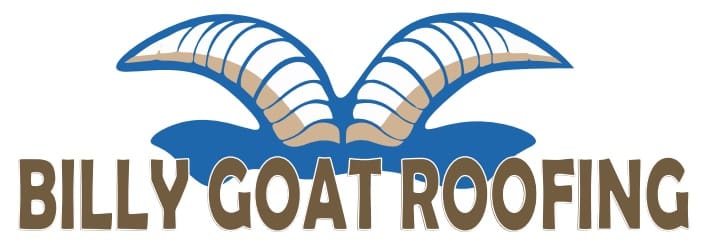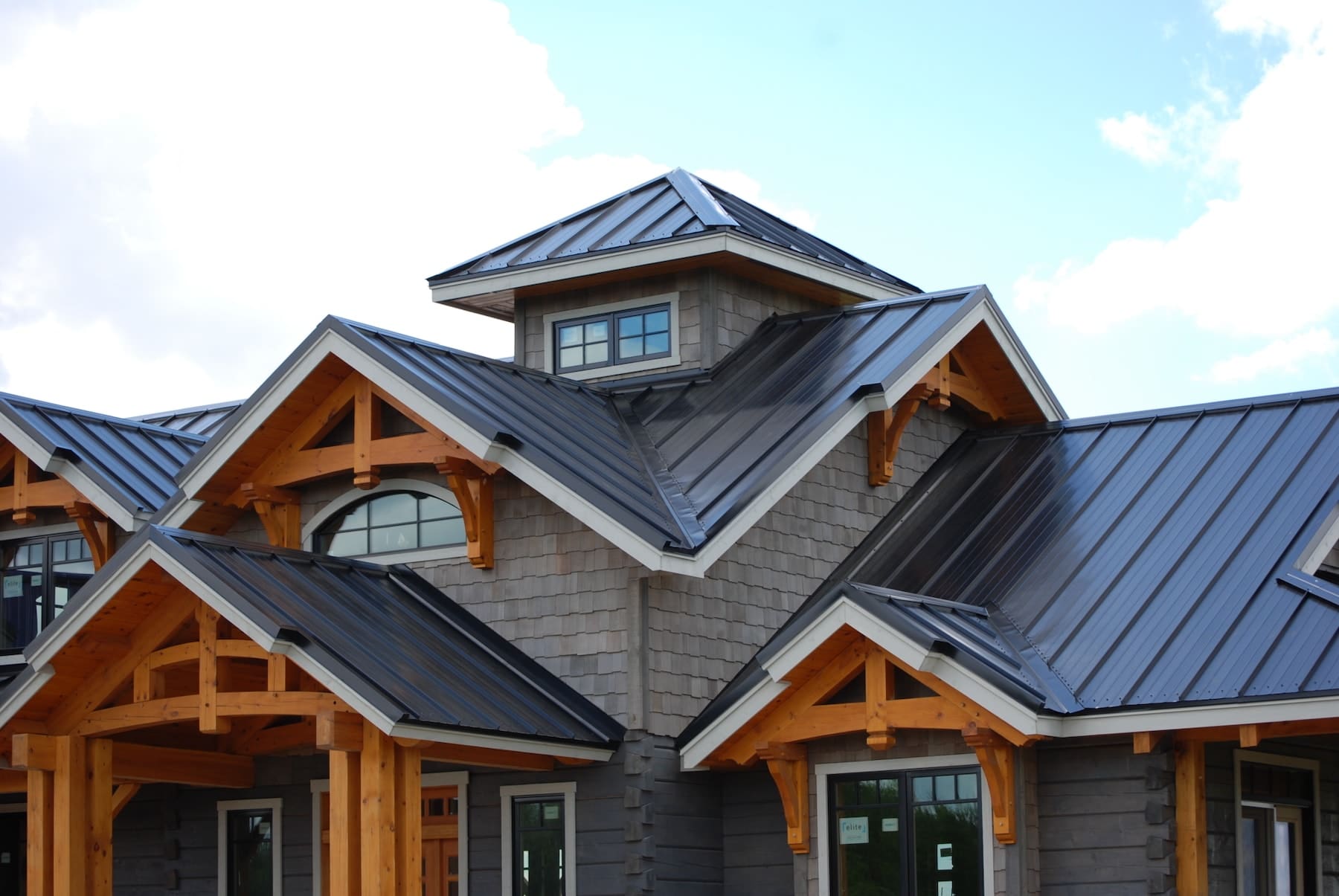Metal roofs, while possibly not initially on your radar for a roof replacement, present a pragmatic and cost-effective choice. The benefits of metal roofs often outweigh their drawbacks. Here are some key advantages:
Longevity
A significant disparity between shingle and metal roofs lies in their lifespans. Traditional asphalt roofs typically endure 15–20 years before needing replacement—a noisy, disruptive, and costly process. Conversely, while installing a metal roof may entail similar disruption, the need for replacement arises far less frequently. Metal roofs boast lifespans ranging from 40 to 70 years, making them a highly worthwhile investment.
Durability
Available in robust materials like tin, aluminum, zinc, and steel, metal roofs surpass asphalt or slate shingles in durability, thereby extending their lifespan. They withstand harsh weather conditions, including heavy snow loads and scorching summer temperatures, with some capable of enduring winds up to 140 miles per hour. Notably, steel roofs rank high on hardness scales, exemplifying their sturdiness.
Aesthetic Appeal
Modern metal roofs have evolved significantly from their tin-plated iron predecessors, now offering a wide array of styles, colors, and types. Options include standard metal shingles, shake-inspired designs, tile motifs, panels, and ribbed configurations. With minimal susceptibility to damage, metal roofs maintain their visual allure for many years.
Sustainability
Contrary to asphalt shingles, which contribute to significant waste—over 12 billion square feet annually—metal roofs offer an eco-friendly alternative. Installation over existing roofs minimizes debris generation, while their composition often incorporates 35%–95% recycled materials. Additionally, metal roofs are 100% recyclable, further enhancing their sustainability.
Energy Efficiency
Metal roofs contribute to energy savings by reflecting solar heat, reducing the need for home cooling and potentially saving up to 15% on energy bills. Moreover, insulation typically installed beneath metal roofs enhances winter warmth, yielding additional savings of approximately 10%–25%. Furthermore, the compatibility of metal roofs with solar panels further augments their energy efficiency.
Safety
Dispelling misconceptions, metal roofs do not pose heightened safety risks during extreme weather events. They are not more prone to attracting lightning strikes than traditional asphalt roofs and often boast Class A fire ratings, exhibiting resistance to surface flame spread. Thus, metal roofs offer safety on par with asphalt shingles, even in wildfire-prone regions.
Drawbacks of Metal Roofs
While metal roofing presents numerous benefits, it’s essential to acknowledge its drawbacks, which may deter some homeowners, particularly those on a tight budget.
Initial Cost
Metal roofs typically entail higher upfront costs compared to shingles, with factors such as roof size, material type, and pitch influencing expenses. While the long-term savings may offset this initial investment, the upfront expense can be daunting.
Dents
Despite their durability, metal roofs can sustain damage, particularly softer metals like aluminum and copper, which are susceptible to dents from hailstorms or falling branches. Reviewing warranty coverage is crucial to understanding potential repair costs.
Noise
During storms, the sound of rain hitting metal roofs can be noticeable, potentially affecting individuals sensitive to noise. However, proper insulation installation by experienced roofers can mitigate this issue effectively.
Rust in Coastal Climates
Certain metal roofing materials may be prone to rust, particularly in coastal regions. While galvanized steel and aluminum offer resistance to rust, copper may corrode over time. Employing materials like Galvalume steel, reinforced with aluminum and zinc, mitigates rusting risks in humid climates.
Lack of Qualified Contractors
Despite growing popularity, finding proficient roofers experienced in metal roof installation can be challenging. Thorough research, including checking for relevant experience, insurance, licensing, and reviews, is essential when selecting a contractor.
Recommendation
Metal roofs stand out as an appealing and durable alternative to traditional asphalt shingles. Despite higher upfront costs, their longevity and energy efficiency make them a cost-effective choice in the long run. Opting for steel roofing, particularly Galvalume steel in coastal areas, maximizes longevity.

